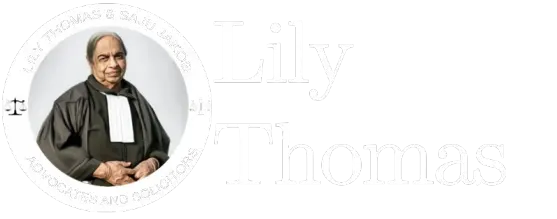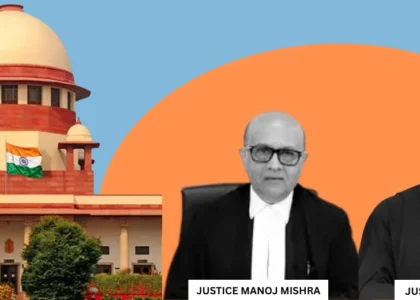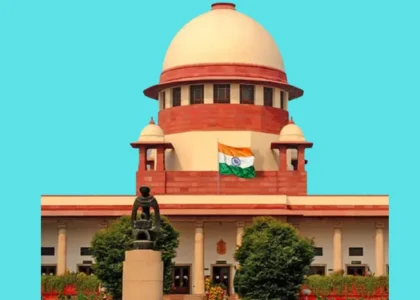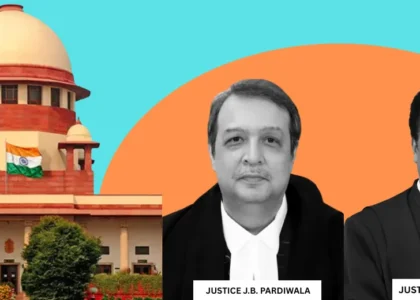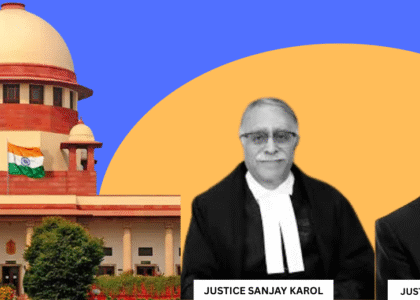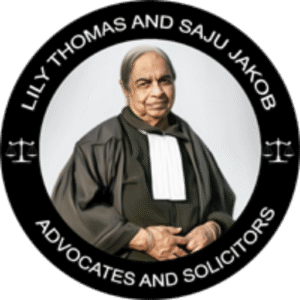Name of the Case: DEVENDRA KUMAR vs. THE STATE (NCT OF DELHI) & ANR.
Citation: 2025 INSC 1009
Hon’ble Bench: JUSTICE J.B. PARDIWALA AND JUSTICE R. MAHADEVAN
Date: 20.08.2025
The Hon’ble Supreme Court held that “Obstruction” under Section 186 of IPC does not necessarily require the use of violence or physical force. Even the Threats, Intimidation, or deliberate non-cooperation, qualifies for the offence under Section 186 of IPC as long as it hinders the discharge of duty by a Public Servant. Further, The Hon’ble Supreme Court clarified that under Section 195 of CrPC, only a complaint in writing by the concerned public servant or its superior can allow the court to take cognizance of offences of Section 186.
In this case, a process server alleged obstruction and humiliation by police officials while serving court summons and warrants. The Administrative Civil Judge filed a complaint under Section 195 Cr. P.C which led to registration of FIR under Sections 186, 341, and 342 IPC. The petitioners contended that the procedure laid down in Section 195 of CrPC is not followed and ‘Obstruction’ under Section 186 of IPC should be accompanied by criminal force. The Hon’ble Supreme Court while deciding this case in appeal held that ‘Obstruction’ under Section 186 of IPC can be done even by “Threats, Intimidation or deliberate Non-Cooperation”. While acknowledging the procedural errors the Hon’ble Supreme Court declined to quash the FIR, it criticized the Magistrate’s approach for not taking cognizance under Section 204 of CrPC and clarified that the bar of Section 195 of IPC could be raised at trial by the petitionershttps://www.sci.gov.in/view-pdf/?diary_no=109022017&type=j&order_date=2025-08-19&from=latest_judgements_order.

